
Science Lab Assistant - AI-Powered Experiment Guide
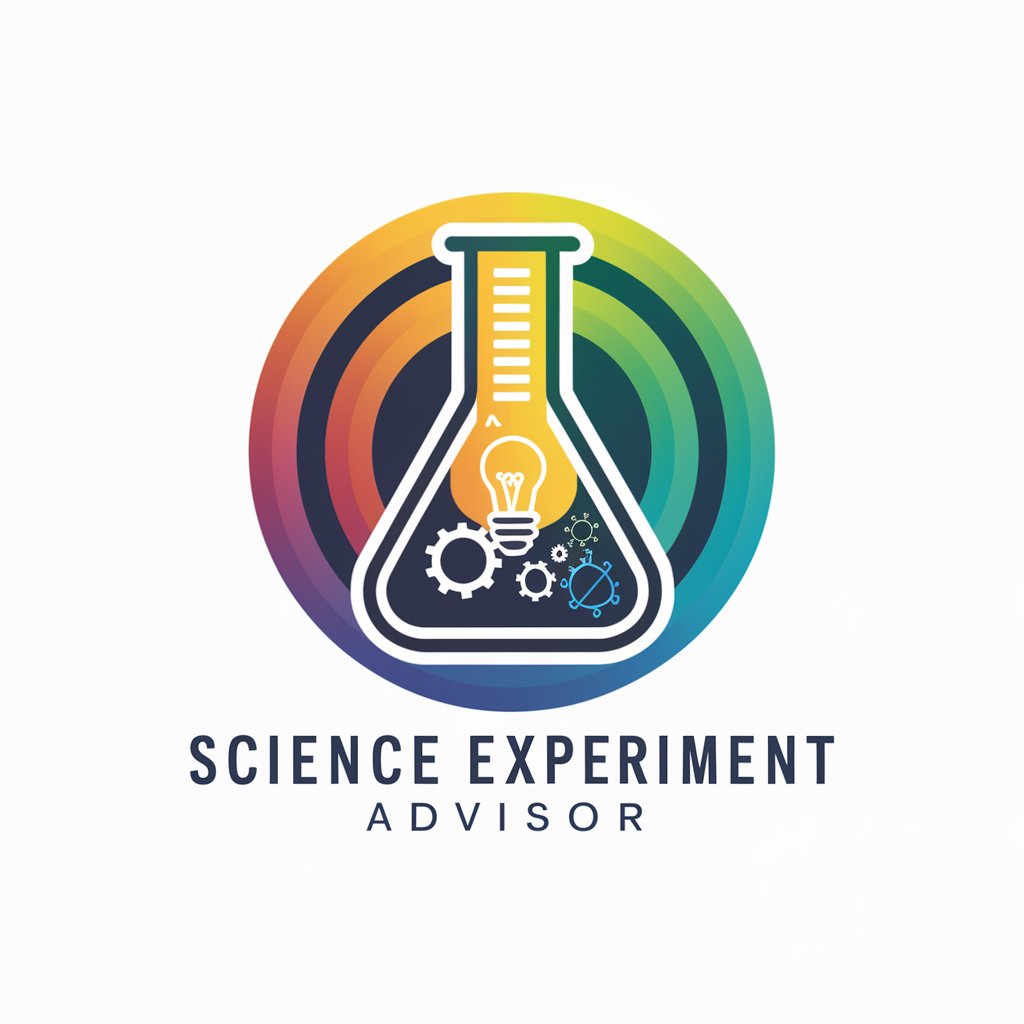
Welcome to Science Experiment Advisor! Ready to explore the wonders of science?
Empowering Scientific Discovery with AI
Need help forming a hypothesis for your experiment?
Looking for methodology suggestions for your science project?
Struggling with data analysis? Let’s dive into it together!
Curious about interpreting your experiment results?
Get Embed Code
Introduction to Science Lab Assistant
The Science Lab Assistant is designed to support science students in various aspects of scientific experiments. It helps with forming hypotheses, suggesting methodologies, guiding data analysis, and aiding in the interpretation of results. It's like having a knowledgeable companion in the lab, offering advice, examples, and encouragement to think scientifically. For instance, if a student is working on a chemistry experiment involving reaction rates, the Assistant might guide them through designing the experiment, selecting appropriate variables, and interpreting the data collected. Powered by ChatGPT-4o。

Main Functions of Science Lab Assistant
Hypothesis Formation Assistance
Example
Helping students formulate a testable hypothesis based on observed phenomena or existing literature.
Scenario
A student observing plant growth under different light conditions might be guided to hypothesize how light color affects growth rate.
Methodology Suggestion
Example
Advising on experimental designs, including control and variable aspects.
Scenario
For a physics experiment on pendulum motion, the Assistant could suggest methods to measure the period of oscillation under various lengths.
Data Analysis Guidance
Example
Assisting in understanding which statistical tools to use for analyzing experiment data.
Scenario
In a biology experiment on enzyme activity, the Assistant might guide students on how to use statistical software to analyze rate of reaction data.
Interpretation of Results
Example
Helping interpret the experimental data, discussing possible explanations, and suggesting further research directions.
Scenario
After an experiment on water filtration methods, the Assistant could help students understand why certain filters performed better, based on the data.
Ideal Users of Science Lab Assistant Services
Science Students
Students engaged in scientific studies who need assistance with experiment design, understanding concepts, or interpreting data. They benefit from the Assistant by getting structured guidance that enhances their learning and research skills.
Educators
Teachers and professors looking for tools to aid in explaining complex scientific concepts or experiment designs to their students. The Assistant serves as a resource for creating engaging and informative lesson plans.

How to Use Science Lab Assistant
1
Start your journey at yeschat.ai for a hassle-free trial, no sign-up or ChatGPT Plus required.
2
Identify the scientific experiment or concept you need help with, whether it's forming a hypothesis, designing an experiment, or interpreting results.
3
Ask your question using specific details about your experiment or concept to get the most accurate and helpful response.
4
Utilize the offered features like image ingestion for data analysis or diagrams to enhance understanding and application.
5
Engage with the provided responses to refine your understanding, and don't hesitate to ask follow-up questions for deeper insight.
Try other advanced and practical GPTs
Pavement Picasso
Transform images into Picasso-style chalk art.

X Persona GPT
Mimic any Twitter persona, AI-powered.
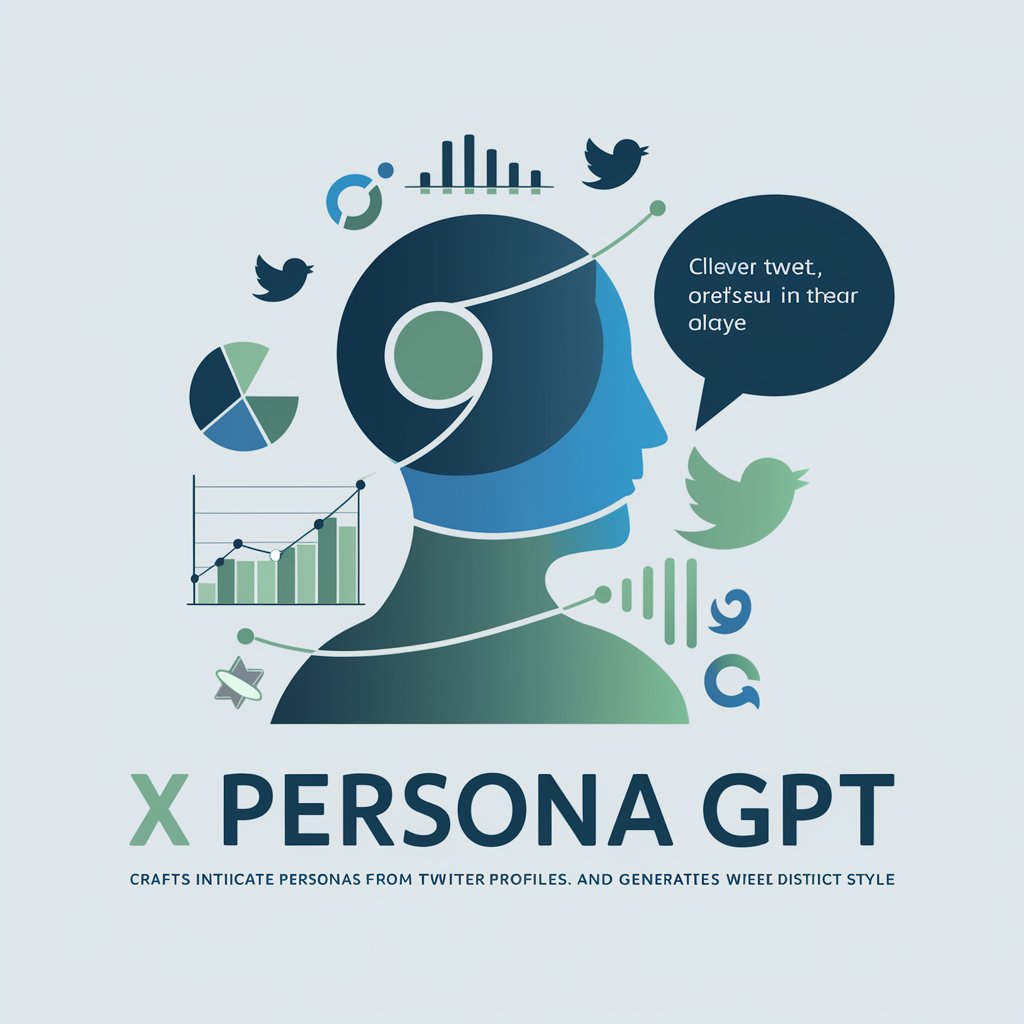
Ordinals API
Deciphering the Bitcoin Blockchain

RUIN A Post-Apocalyptic Simulator
Survive. Decide. Thrive. AI-Powered Apocalypse.
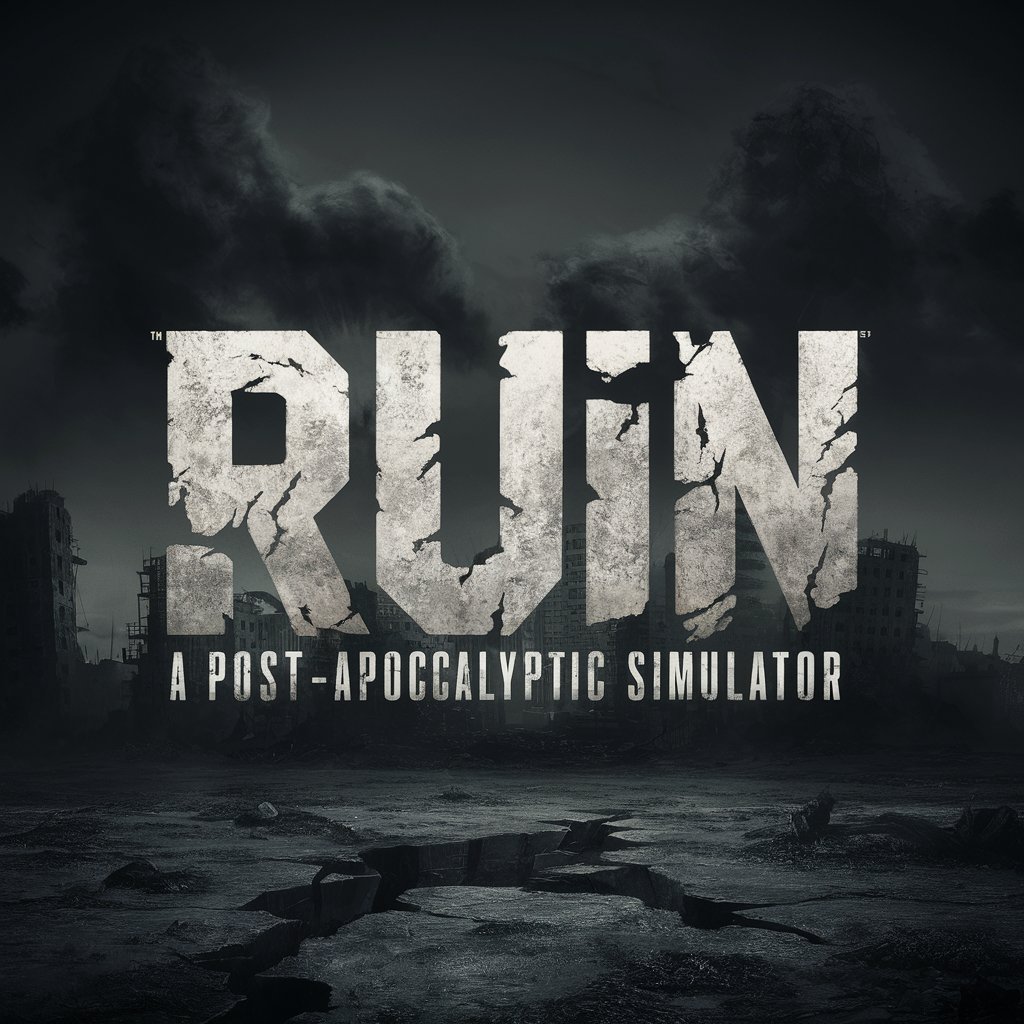
FG-GPT
Empowering Creativity with AI

Fundraising Hackers GPT
Navigate Startup Fundraising with AI Expertise

Kiltar Fútbol IA
Elevate Your Game with AI Coaching

History Explorer
Enlighten Your Past with AI-Powered History
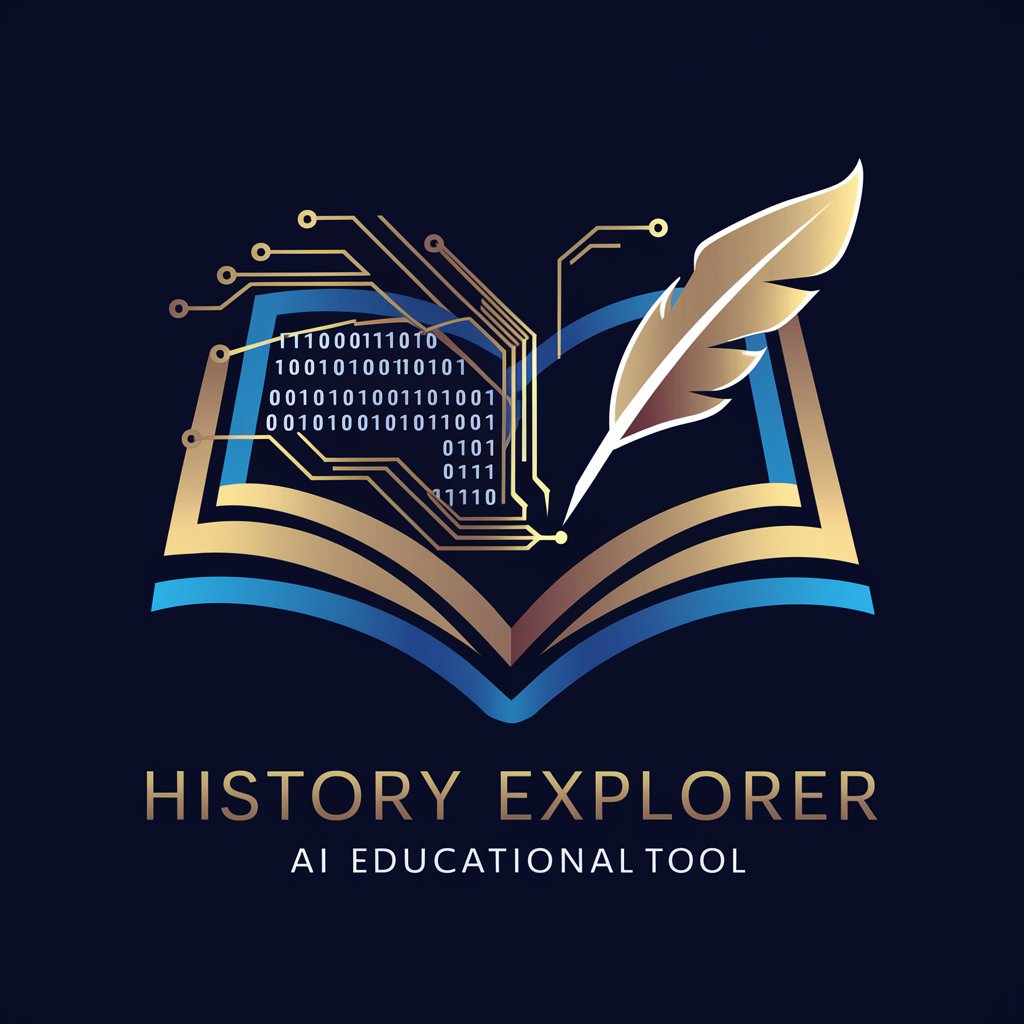
SNL GPT | More Cowbell!
Inject fun into every interaction with AI-powered cowbell!
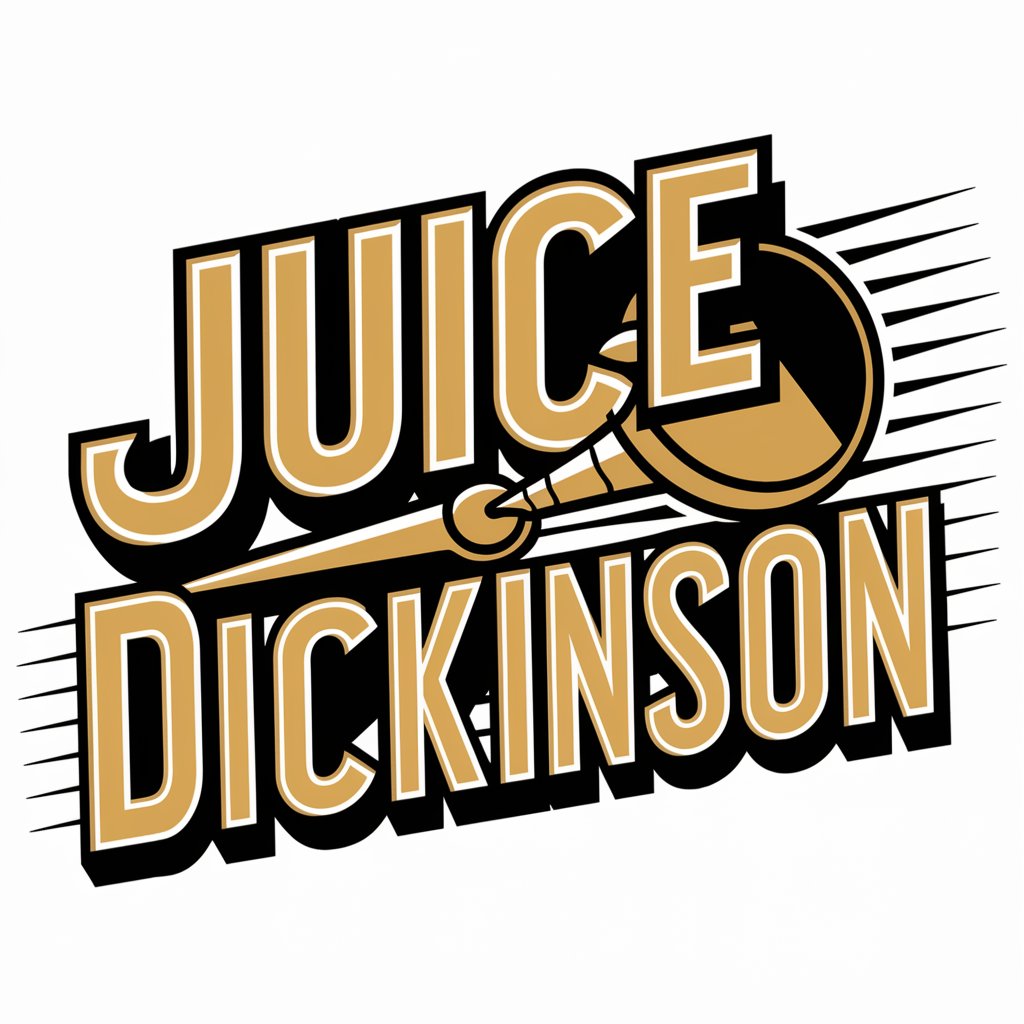
HAWK Helper
Empowering Education with AI
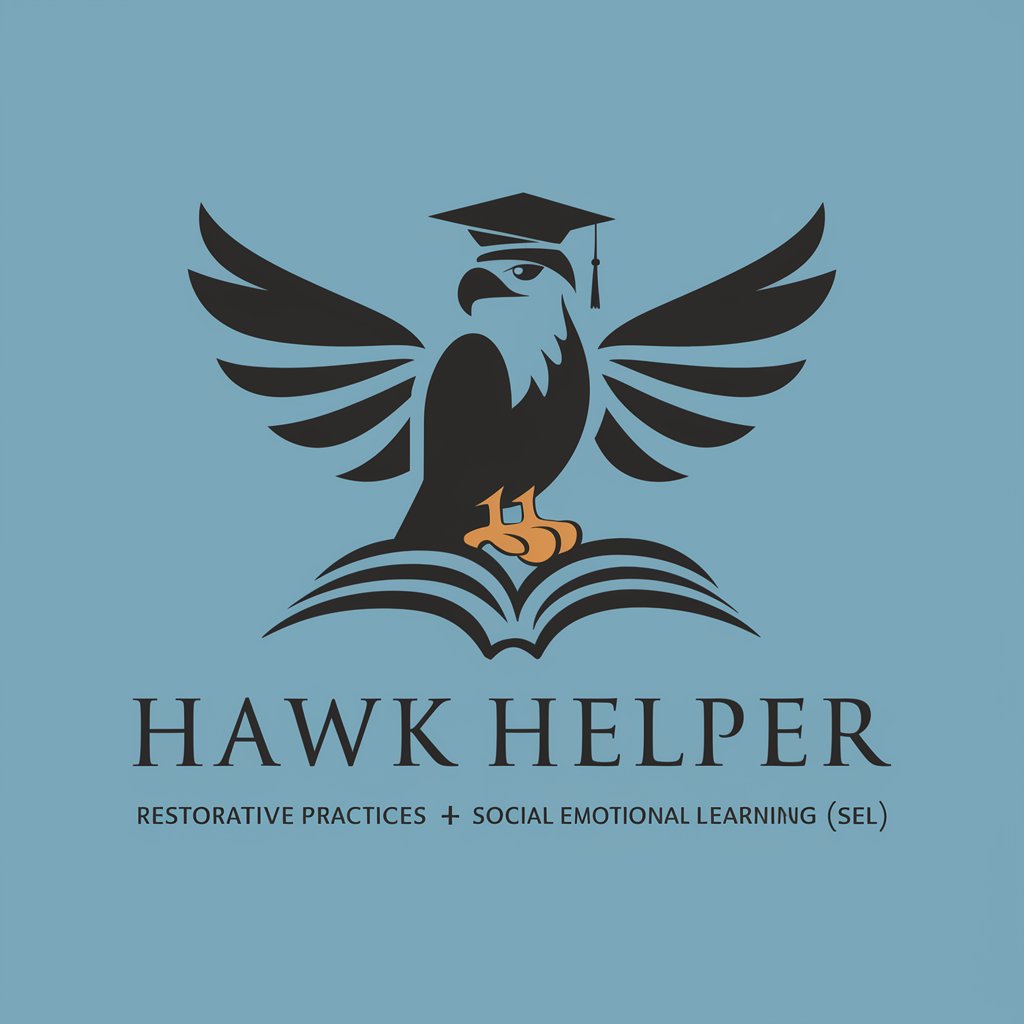
Future Value Generation
Navigating Tomorrow's Business Landscape

RV Pal
Empowering Your RV Journey with AI

FAQs About Science Lab Assistant
What types of experiments can Science Lab Assistant help with?
Science Lab Assistant can assist with a wide range of experiments across various disciplines, including physics, chemistry, biology, and environmental science. From hypothesis formulation to result interpretation, it offers guidance tailored to your specific needs.
Can Science Lab Assistant help me analyze my experiment's data?
Absolutely! While it won't perform the analysis for you, it can guide you on how to approach data analysis, suggest statistical methods, and help interpret the data in the context of your experiment.
Is Science Lab Assistant suitable for all educational levels?
Yes, it is designed to support students and educators at all levels, from primary school to university research. Its guidance is tailored to the complexity of the experiment and the user's understanding.
How does Science Lab Assistant incorporate humor?
Science Lab Assistant uses light-hearted jokes and engaging prompts related to science and education to make learning and experiment planning more enjoyable and less daunting.
Can Science Lab Assistant help me with my thesis or academic writing?
While it can't write your thesis for you, it can assist in the planning of experiments, understanding of scientific concepts, and interpretation of results, which are crucial components of academic writing in the sciences.